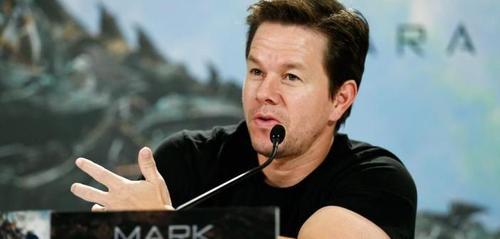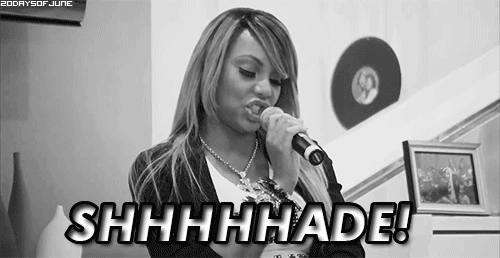#prosecutor
Cute Natalia Poklonskay
Having ordered the expanded John Williams soundtrack, I decided to watch “Presumed Innocent” (Alan Pakula).
A solid courtroom drama with a slew of character actors. Some movies are about something; no superheroes or explosions are required.
https://www.instagram.com/p/CeJfy0_qJsn/?igshid=NGJjMDIxMWI=
Post link

Mark Wahlberg is asking Massachusetts for a pardon for assaults he committed in 1988, back when he was a troubled teenager in Boston. But the attorney who prosecuted him, Judith Beals, says he doesn’t deserve a second chance. Here’s an exert from her Boston Globe piece:
In the 13 years I served in the attorney general’s office, I recall only one instance of a defendant violating a civil rights injunction — Mark Wahlberg. His attack on Thanh Lam and Hoa Trinh showed the same tendency toward serial acts of racial violence.
The two men had no connection except for the fact that they were both Vietnamese. Wahlberg’s repeated racial epithets revealed an equally racist motivation albeit toward a different class – making clear that bigotry harbors no boundaries. But this time, Wahlberg was even more violent, breaking a five-foot pole over Thanh Lam’s head and punching Hoa Trinh to the ground. For this, he served 45 days in prison. Thanh Lam and Hoa Trinh immigrated to Boston after the Vietnam war, believing in this country’s ideals.
Wahlberg’s actions shattered their very sense of themselves, and of the city and country they now called home. But after the case was concluded, one of them told me, “In this country, justice is possible.” I’m glad Mark Wahlberg has turned his life around. I’ve read that Hoa Trinh has forgiven him. But a public pardon is an extraordinary public act, requiring extraordinary circumstances because it essentially eliminates all effects of having ever been convicted.
It is reserved to those who demonstrate “extraordinary contributions to society,” requiring “extensive service to others performed, in part, as a means of restoring community and making amends.” On this, I am not sold. First, Wahlberg has never acknowledged the racial nature of his crimes. Even his pardon petition describes his serial pattern of racist violence as a “single episode” that took place while he was “under the influence of alcohol and narcotics.”
For a community that continues to confront racism and hate crime, we need acknowledgment and leadership, not denial. And while the $9.6 million he has raised over the 14 year lifetime of the Mark Wahlberg Youth Foundation — $2.5 million of which made its way to our community — has undoubtedly done some good, I question whether that truly is “extraordinary” for someone who earned $32 million last year and who has a net worth of at least $200 million. Lastly and most importantly, Wahlberg’s status as a “role model to troubled youth” would not be helped by a public pardon, as he claims. In fact, a formal public pardon would highlight all too clearly that if you are white and a movie star, a different standard applies.
Is that really what Wahlberg wants? A larger public policy question is also at stake: what types of crime do we collectively forgive and expunge from the record? History tells us, again and again, that when it comes to hate crimes, forgetting is not the right path. Truth and reconciliation are all important in moving forward — but not a public wiping of the record.
Not now when hate crime remains so high in Boston; not now when tension remains acute over the unpunished killings of black men at the hands of unaccountable white men. And frankly, not ever. Not in our name. Please.
[Boston Globe]



